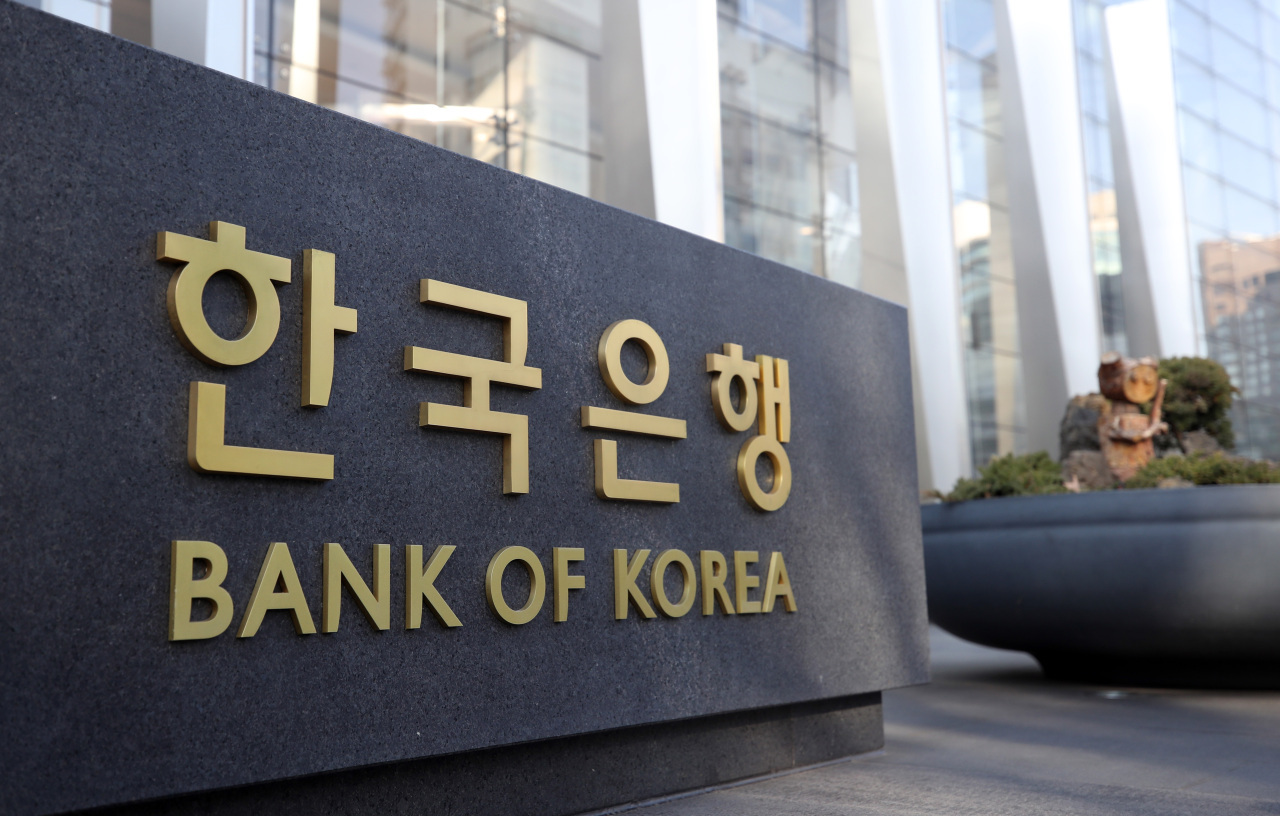 |
Bank of Korea headquarters in central Seoul. (Yonhap) |
Consumption inequality in South Korea worsened last year as the coronavirus pandemic undercut "discretionary" spending by lower-income earners due to toughened curbs on gatherings and business operation, a central bank report showed Friday.
According to the report by the Bank of Korea, the consumption inequality index -- a major gauge of spending patterns between the haves and have-nots -- increased to 3.74 in 2020 from the previous year's 3.67. A higher reading means more inequality in quality of spending.
"The shock from COVID-19 appears to have resulted in widening consumption inequality by changing income and spending situations," the report said.
Strict social distancing rules have caused lower-income people to reduce their "discretionary" spending on outdoor activities but expand spending on food and other necessities.
Also cited as a reason is a fall in low earners' income due to fewer working hours from strict social distancing and business curfews, though they received government emergency relief funds, according to the report.
The report said that consumption inequality could worsen down the road as the fallout from the coronavirus could result in reduced income for lower-income people.
Government data showed that household income earned through wages and business operations declined for the third consecutive quarter in the fourth quarter of last year.
Wage income dipped 0.5 percent on-year, and income from business operations declined 5.1 percent in the last quarter, marking the sharpest-ever fall.
The income gap between haves and have-nots widened.
In the fourth quarter, the average monthly income of the bottom 20 percent income bracket rose 1.7 percent on-year to 1.64 million won ($1,400). In comparison, those in the upper 20 percent income range earned 10 million won per month, up 2.7 percent from a year earlier, the data showed. (Yonhap)








